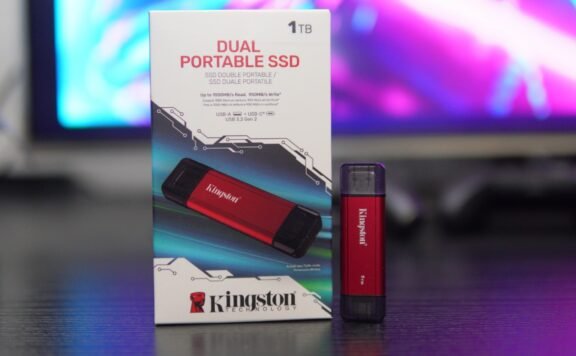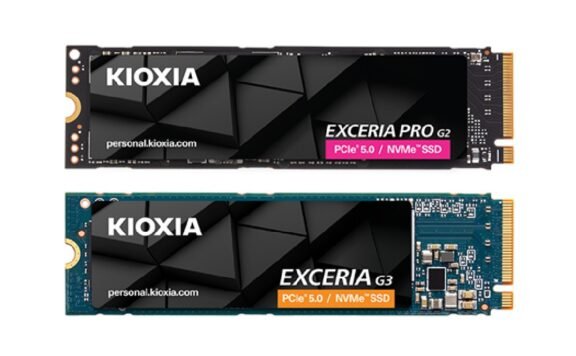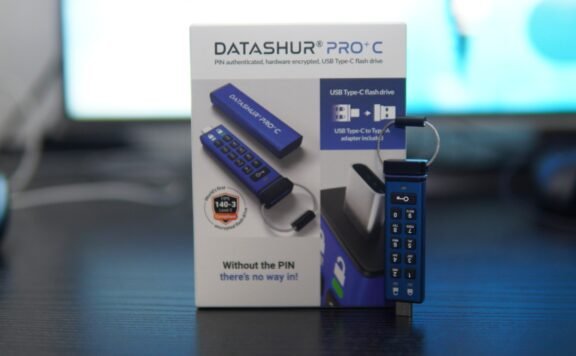For any small business, it is important to have an effective way to store data and share it among workers. Thus, any network with more than 2 or 3 users who need to access the same data should be implementing some sort of client-server relationship. It is common to see small businesses who aren’t operating with this setup because they simply don’t realize the benefits that a NAS or server can bring. When it comes to choosing between a NAS or server, the choice depends on several factors.
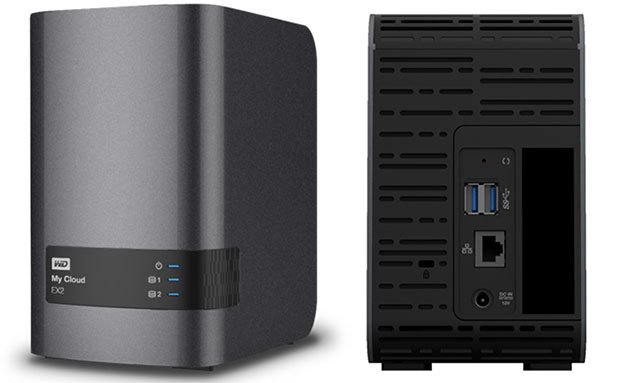
WD’s MyCloud NAS
So What Exactly is a Server?
A server is not dramatically different from a regular personal computer, but it serves a different purpose. The main role of a server is to manage resources on the network. The server will be using a server operating system such as Windows Server or Mac OS X Server. A server can fill a number of different roles, all of which manage resources and clients on the network.
Advantages of using a server include:
- Active directory domain controller: This one authenticates and authorizes all users and computers on the network.
- DHCP Server – This one dynamically assigns IP addresses to devices on the network
- DNS Server – This one associates IP addresses with domain names
- Printing and Document Services
- File storage, sharing and collaboration tools
- User or Device Specific Permissions
- Applications – applications installed on server that are accessible to clients. These apps include accounting software, e-commerce software, and so on.
What is a NAS Device?
NAS stands for network-attached storage. As you can derive from the name, a NAS is attached to a network and stores data. It’s a device that is specialized to provide data storage and make it easily accessible. A NAS provides a central location to allow for synced folders that can be accessed and modified by others on the network.
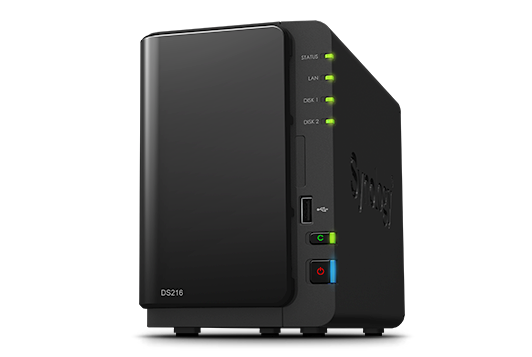
Synology DS216
It is also useful for backing up data. In addition to file storage and sharing, NAS devices offer many of the same services that an application server can, but with more basic settings and less customization. It also requires you to use its own compatible applications, rather than choosing from any third party software.

Seagate’s range of NAS
So Which One is the Best for Your Small Business?
To decide whether a NAS or server will best suit your small business, break down the benefits of each in the following categories:
Functionality and Ease of Use
As mentioned earlier, application servers are more powerful than NAS, as they offer more functionality. Application servers allow you to install third-party software. With a NAS, you are limited to applications you can download on the NAS operating system.
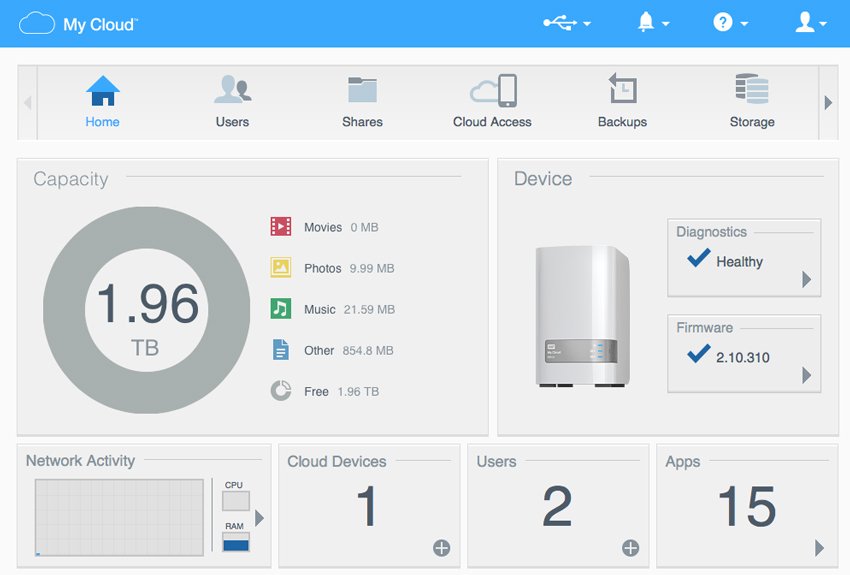
WD MyCloud OS
For example, to make a Synology NAS into a mail server, you’ll need to download the Synology Mail Server app. There are also ways to convert any NAS drive, such as those from WD, Seagate, QNAP and so on, into mail servers by setting up port forwarding and configuring other settings using Postfix, Dovecot, Sasl and so on.
Having said all of that, servers are more capable and offer more advanced controls over your network services and applications, but also require more management. The NAS offers less advanced functionality, but will not require as much maintenance or configuration. Businesses with a dedicated IT staff need not worry about the configuration and maintenance aspect, but those businesses without IT may opt for the simpler NAS.

Synology DiskStation Manager
Sharing Capabilities
Both file servers and NAS provide a great way to share files across devices on the network with the use of shared folders. Both a server and NAS allow for control over user permissions. User groups can be created that make files only accessible to those who should have access. The server will arguably offer more configuration options in terms of access control and security than a NAS will.
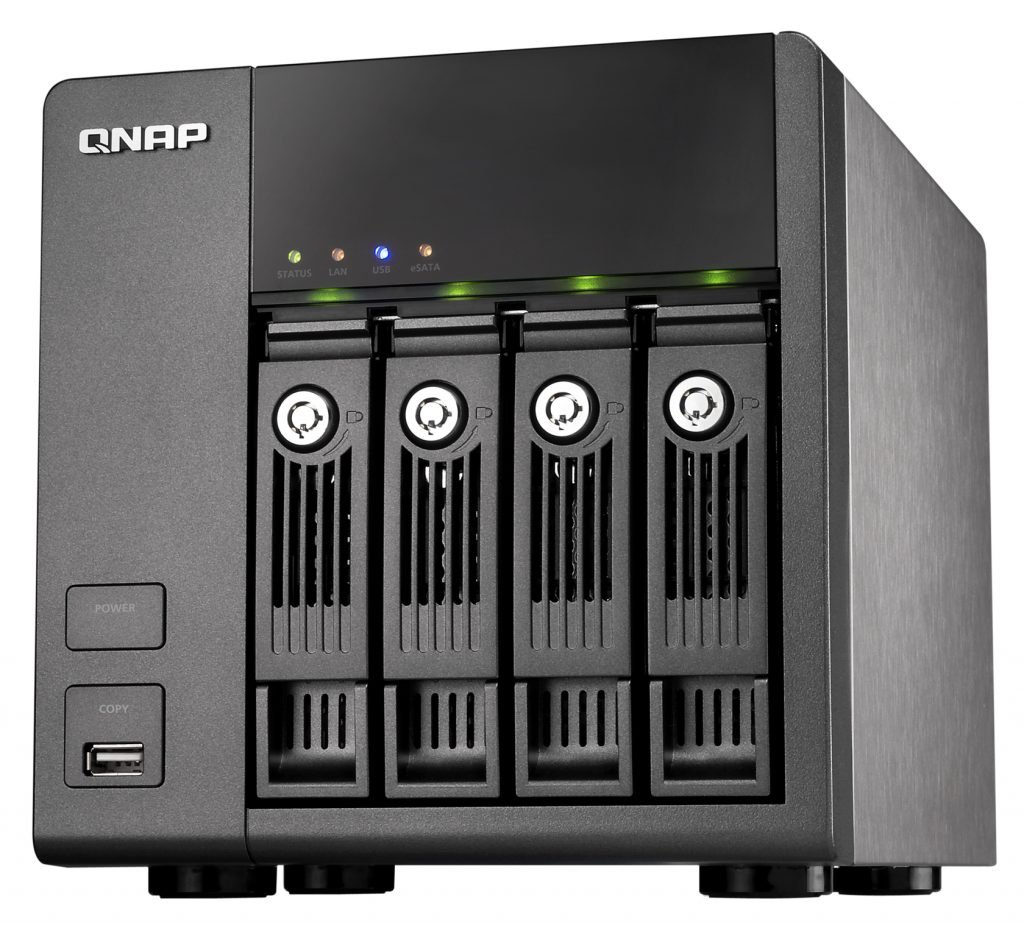
A NAS is also great for sharing folders with clients outside of the network. Using software such as Synology’s Cloud Station, WD’s MyCloud, Seagate’s SDrive and MyNAS, and so on, you can easily create a link to the shared folder and send it to clients so that they can access the folder or even configure a syncing relationship as they make changes. A server does not offer this ability.
If you are frequently collaborating with clients, you should consider a NAS for its ability to allow outside access to shared folders via the internet. If you only need to collaborate among colleagues, the server will meet all of your needs.
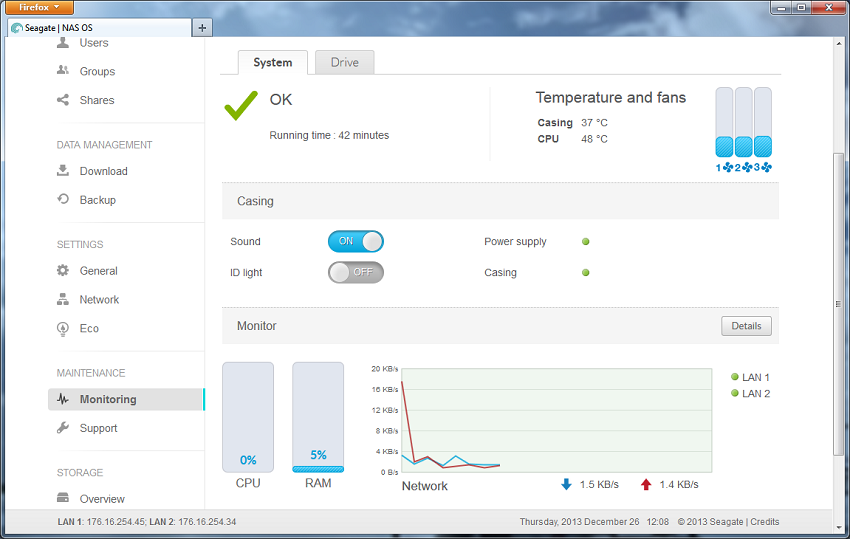
Seagate OS
Cost
With the difference in functionality, comes a difference in cost. A server contains more powerful hardware and offers more functionality. The tradeoff is that it will cost more than a NAS. An application server will almost always cost more than a NAS.
Server operating systems also drive up the price because they often require purchasing licenses for the server, and in some cases, licenses for each user or device connecting to the server. On the other hand, most NAS software comes with the NAS device and does not require user licensing.
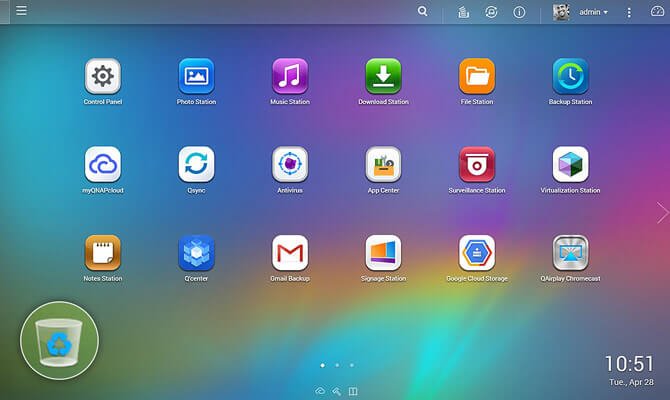
QNAP OS
For a small business, a client-server network setup will improve efficiency and reliability. When choosing a server device, you must consider the needs of your business as well as your budget. For those seeking higher functionality and can handle the more complicated configuration, maintenance, and higher cost, an application server is the best choice. For those whose are looking for a good file storage and sharing solution, with other basic applications, a NAS is a more affordable and reliable option.




